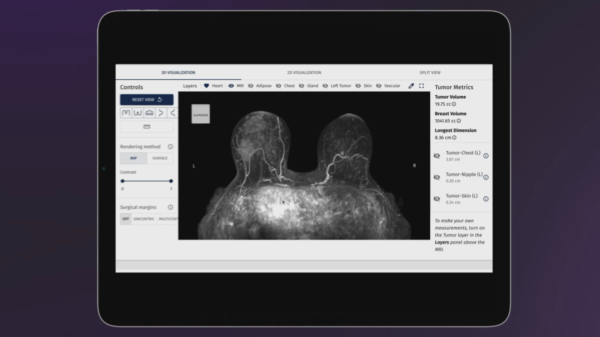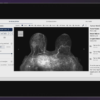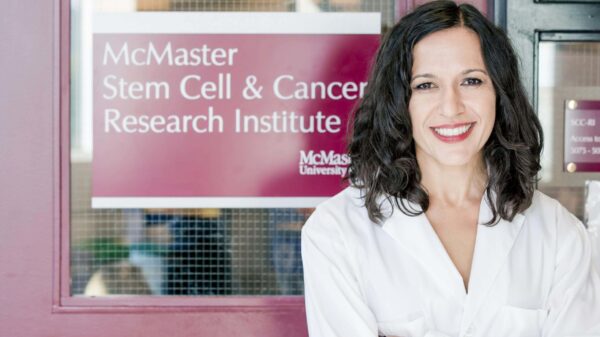The market for initial cancer screening in the United States was worth about US$43 billion in 2021. Screening for colorectal cancer was the primary market driver.
That is according to a study completed this month by cancer researchers from Maryland and California. They published their findings in the peer-reviewed journal Annals of Internal Medicine.
Lung, breast, cervical and prostate cancer screenings were also considered. Colonoscopies, one of multiple colorectal cancer testing methods, accounted for 55 per cent of the total alone.
Because their analysis relied on self-reported data, the researchers say the market is likely worth even more than US$43 billion. Others have estimated that the addressable market is worth over US$63 billion.
Despite significant expenses, early detection of these cancers can save alot of money in the long term.
“While colonoscopy does have high costs at the time of screening, it can result in significant cost-saving downstream since colorectal cancer has the second-highest treatment cost of any cancer,” the American Gastroenterological Association said in a post regarding the study on its website.
Approximately 88 per cent of the costs in 2021 were paid by private insurance plans. The remainder was provided by government programs and individuals without insurance.
More than $43 billion a year.
In the US, that's what we pay for mass cancer screening with low yield of only picking up 14% of people with breast, colon, prostate, lung, and cervical cancers (in aggregate)https://t.co/cQ7lo5sc13@AnnalsofIM pic.twitter.com/zm1V3b74z4— Eric Topol (@EricTopol) August 5, 2024
Read more: Breath Diagnostics takes aim at lung cancer with One Breath
Read more: Breath Diagnostics pioneers novel lung cancer breath test
Cancer testing doesn’t only impact the test subject
Research has shown that those who have an immediate family member (parent, sibling or child) with colorectal cancer are two to four times more likely to develop the disease themselves.
“Knowing your family history is crucial because the information can be used to determine how early and often you need to get screened,” Reese Pharmaceutical President, Jeff Reese, said this month. “This can aid in prevention and treatment.”
Reese is a long-established health product manufacturer based in Cleveland, Ohio. The take-home colon cancer screening product “ColoTest” is one of them.
Among men under the age of 50, colorectal cancer is the second-deadliest of the disease group. Lung cancer is the first.
rowan@mugglehead.com














